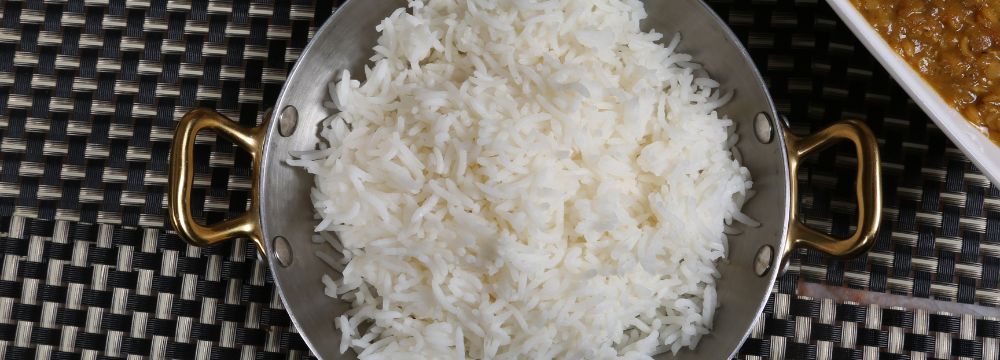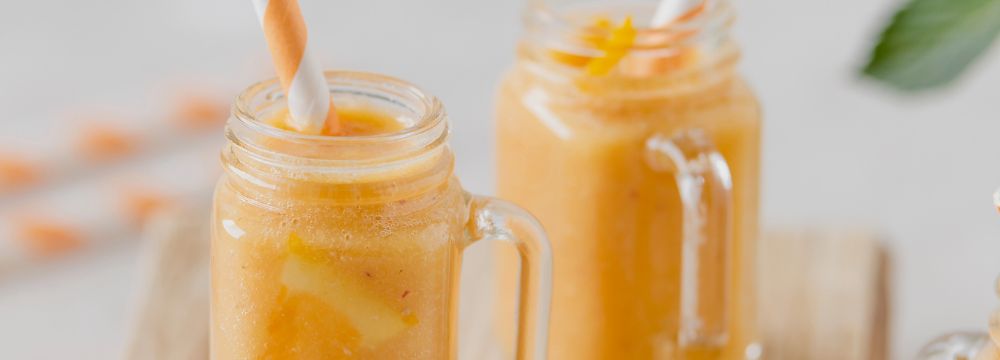Diet
When sugar substitutes and zero calorie sweeteners were invented (there are now five approved by the FDA in the United States) it seemed like they were the answer to reducing sugar consumption while still satisfying those with a sweet tooth. From the old school pink (saccharin) or blue (aspartame) packets to the newer yellow (sucralose) and green (stevia), there is no shortage of substitute sweeteners tempting us with “the same taste and fewer / no calories.” From diet soda to low-sugar baked products, it’s hard not to come across a sugar-free option in the store. And the concept is compelling – especially for someone wanting to lose excess weight – replace the 150 or so calories in every can of soda with… zero. A perfect recipe for weight loss, right? Not so fast.
What We Now Know about Artificial Sweeteners
Artificial sweeteners may change how we taste other foods
Artificial sweeteners can be hundreds of times sweeter than regular sucrose. Despite this, we tend to use much more than is needed to reach the same sweetness as sugar. As a result, we stimulate our sugar receptors to the point where other foods simply don’t taste that good. A sweet peach may now taste bland. And don’t even mention other foods like veggies and legumes. We may begin to sweeten things we never did before like our sauces or salad dressings. This can lead to a vicious cycle that only leads to more consumption of artificial and added natural sugar.
Could they cause addiction?
Just like sugar, there is plenty of evidence to show that artificial sweeteners are addictive too. Addicted to a zero-calorie sweetener may not seem like a big deal, but when you factor in the potentially negative effects, it’s not so straightforward. In fact, that addiction to artificial sweetener may slow your metabolism, alter your hormone balance, and ironically, cause diabetes.
Could they be dangerous?
Considering how ubiquitous they are, there’s surprisingly little research on how artificial sweeteners affect our bodies over the long-term. We truly don’t know if these substances can alter our GI function or if they could cause more systemic issues. Some research in animals has shown weight gain, and even cancer. Whether this translates to humans remains to be seen, but is it worth it? Indeed, every artificial sweetener seems to have some potential negative effect.
What’s The Answer?
In truth, the answer may just be to consume real suga – but do so in moderation. Just be aware that you really need to watch out for ADDED sugar. Remember to check the nutrition label on any products you buy – new labeling standards require that they show how much added sugar is in the food or drink. Sadly, most processed foods contain added sugar. Natural foods containing sugar, like fruit, are nutrient dense and some are relatively low on the glycemic index. We can be smart about our natural sugar consumption too, by limiting those that top the list like pineapple, watermelon and juices (which concentrate the sugar and lose the pulp).
There may also be a place for artificial sweeteners. Learning about proper dosage may lower the risk of blowing out your sugar receptors. Further, cutting out the worst offenders like diet sodas are a great start.
And What Should You Avoid?
- Try eating only 1/4 to a 1/3 of your dessert and limiting the number of dessert days you give yourself. Yes, it’s tempting, but you can do it! Plus, you’ll enjoy that dessert a whole lot more if it’s a once-in-a-while treat instead of a daily staple.
- Avoid white grains like bread and rice. While they can be 100% natural, they also offer very little in the way of nutrition. Their whole grain counterparts offer filling fiber which can also reduce sugar spikes. That said, a carb is a carb and should be consumed in moderation as well.
- Avoid alcohol, and especially, mixed drinks. Many alcoholic beverages themselves contains sugar, but it really gets bad when you mix it with sugary additives. Even bitter additives like tonic water can contain as much sugar as a can of soda!!
The Bottom Line
There is a place for sweetener, whether natural or artificial, in our diets. The key is to know when to moderate and what to quit altogether. Our dieticians here at MIIS will work with you to develop a plan to replace some of the worst offending foods and drinks in your diet with others that rebalance your palate and allow you to enjoy healthy foods again. We look forward to working through these and other post-bariatric and weight loss concerns and considerations with you.










